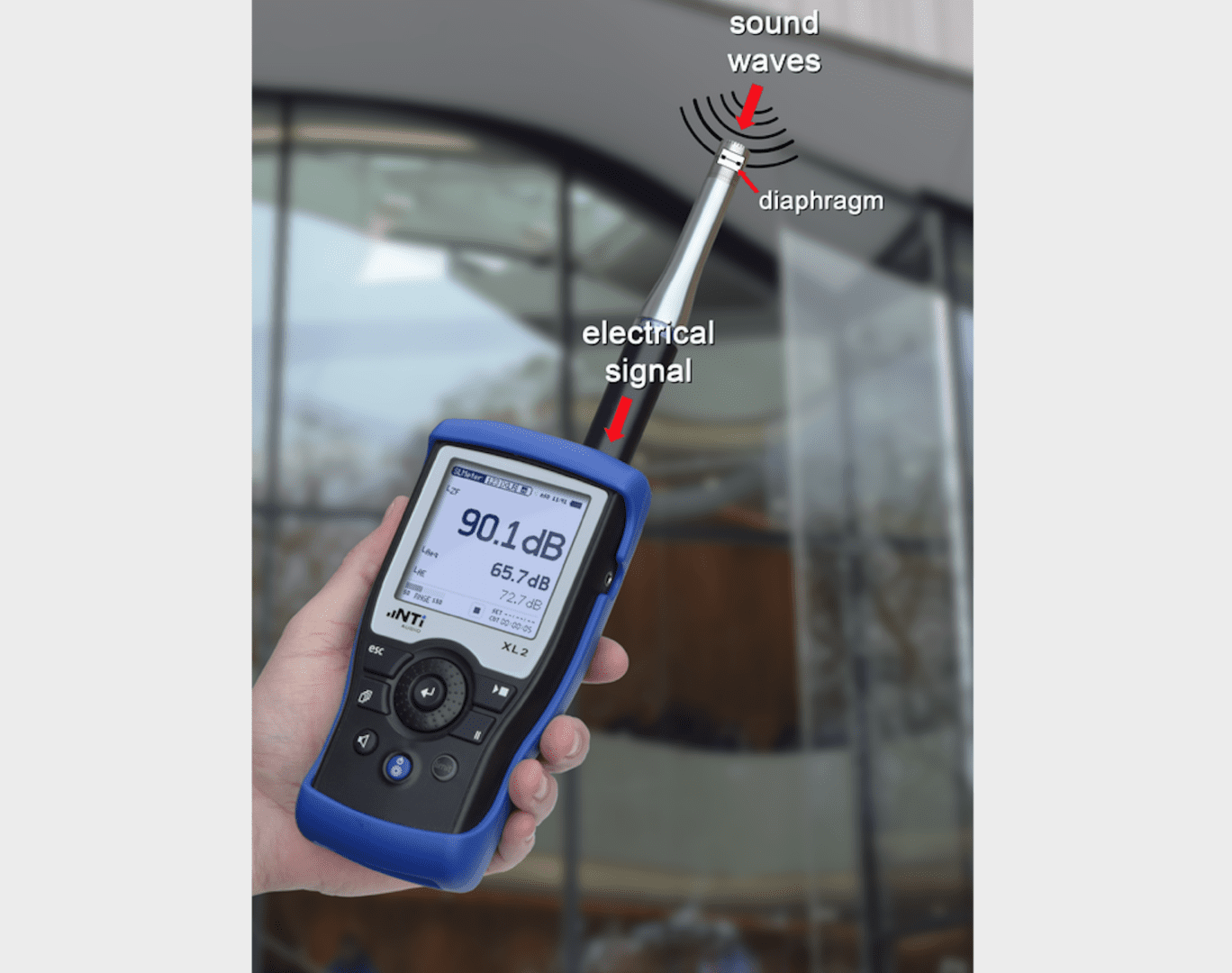 View Winners →
View Winners → 
The Board of Supervisors Tuesday directed the Riverside County Transportation & Land Management Agency to review the county’s noise ordinance and bring forward proposed amendments to better define what constitutes a nuisance, following a surge in complaints from property owners slapped with fines.
“This is overdue,” Supervisor Manuel Perez said. “We need to really discuss what an ordinance looks like from the ground up, not the top down. Whatever it is that we come up with has to have some kind of balance.”
In the last few board meetings, ranchero property owners from the eastern Coachella Valley, which Perez’s 4th District encompasses, have lodged complaints with supervisors about hefty penalties assessed by the Department of Code Enforcement for noise violations.
Ordinance No. 847 specifies the process of administering penalties for sound-driven nuisance complaints in unincorporated communities, but Perez said the measure lacks cogent standards.
The eastern Coachella Valley property owners who have complained to the board generally host weekend and holiday weddings, quinceañeras, fiestas and other events that generate music and crowd noises which prompt code enforcement officers to write tickets for violations based on neighbors’ complaints.
Last summer, the Department of Code Enforcement received board support to begin deploying officers to respond to complaint calls for service during the overnight hours and weekends. Prior to that time, the officers were only available during regular weekday hours.
Tickets can run up to $1,000 per violation.
“You need something that actually works, like a decibel meter (to measure noise),” Claudia Alvarado told the board. “You want it to be fair to the eastern Coachella Valley.”
She and several other ranchero owners said that, in some instances, they have encountered neighbors seeking payoffs to stay away from their phones and ignore loud music.
“All we know is that code enforcement shows up and says it doesn’t matter how many decibels,” Alvarado said. “This hurts me. I don’t even have speeding tickets. We have music. It’s our business. And they stick a big (sign) on our wall (giving notice of a fine).”
Along with Ordinance No. 847, the county has regulations on temporary events and short-term rentals that can lead to noise violation citations.
Efforts to revamp the county’s short-term rental regulatory apparatus concluded last October following months of revisions and hearings, and board Chairman Kevin Jeffries said he foresaw Perez’s efforts to fine-tune Ordinance No. 847 heading in the same direction.
“We have already received opposition letters related to relaxing the ordinance,” Jeffries said. “There are private property rights at play here, and they apply to both sides of the fence. I’m not opposed to sub-regional flexibility because I have issues to deal with in the Mead Valley and Good Hope areas, and those are usually only half-acre lots where they’re having large parties. This needs to be about striking the right balance for everybody.”
Perez wrote in his board-approved directive to TLMA that “the lack of an identifiable standard of what constitutes noise, the variable measuring tools used, together with the ‘human ear’ discretion defined in Ordinance No. 847, has created confusion and frustration.”
The TLMA was directed to research the instruments for gauging noise levels, review how enforcement measures might be adjusted to account for different areas of the county and whether special accommodations can be made for some events.
There was no specific timetable for the agency to return to the board with recommendations.







































































































